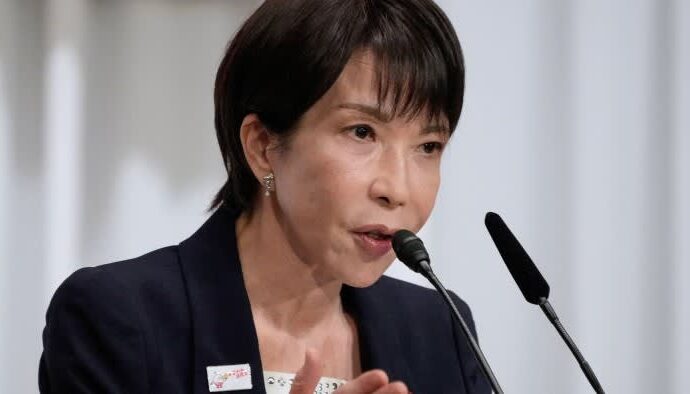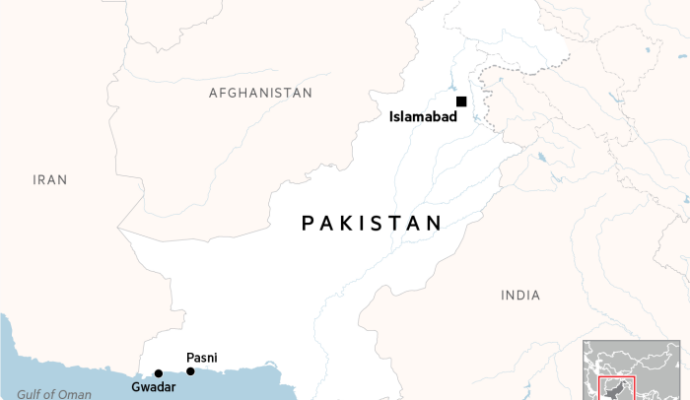Stay informed with free updates
Simply sign up to the Chinese politics & policy myFT Digest — delivered directly to your inbox.
Xi Jinping has pledged support for Panama against US pressure over ownership of its ports and offered greater co-operation with Latin American countries in areas including law enforcement as Beijing courts a region that Washington has traditionally considered its backyard.
Addressing a summit of leaders of 33 Latin American and Caribbean states in Beijing on Tuesday, the Chinese president also announced measures to deepen ties with the region, including visa-free travel and a $10bn development credit line.
Xi’s meeting with the Latin American leaders signalled Beijing’s determination to challenge Washington for global influence, and came one day after US President Donald Trump agreed to a truce in his tariff war with China.
China is already the largest trading partner with Latin America, with bilateral trade exceeding $500bn last year.
China “supports Latin America in safeguarding its national sovereignty and independence and opposing external interference”, Xi told the China-Community of Latin American and Caribbean States ministerial summit, whose attendees included Brazilian leader Luiz Inácio Lula da Silva and Colombia’s Gustavo Petro.
Xi invoked demonstrations in China in the 1960s held in solidarity with Panamanian protesters, who were opposed to US control of the canal in the country.
Trump has put pressure on Panama over what he has alleged is Chinese influence over the canal, which he has threatened to take back under US control.
That pressure led Hong Kong-based conglomerate CK Hutchison, which owns facilities on either side of the waterway, to agree in March to sell them to a consortium led by BlackRock as part of a $22.8bn deal for its port operations.
The deal angered Beijing, which urged CK Hutchison to reconsider. Chinese antitrust authorities have also opened a probe into the proposed sale, an unusual step for a deal involving a Hong Kong company.
In a blow for the US, Petro reiterated during a visit to China’s Great Wall on Monday that Colombia planned to sign up to Xi’s Belt and Road Initiative, the Chinese president’s signature international infrastructure drive that has helped extend Beijing’s influence.
Petro, who holds Celac’s rotating presidency, hailed the move as a “profound step forward between China and Latin America”.
Lula’s government also announced in Beijing that Chinese companies would invest R$27bn ($4.8bn) in Brazil, including R$6bn from Chinese automotive group Great Wall Motors and the purchase of a copper mine in the north-eastern Brazilian state of Alagoas by Chinese group Baiyin Nonferrous, Brazilian media reported.
Xi’s pledge of $10bn of credit for development in Latin America comes as Trump has slashed international aid commitments, as well as funding for pro-democracy programmes and broadcasters such as Voice of America.
The Chinese president also pledged co-operation on a range of security-related areas including cyber security, counterterrorism, anti-corruption, drug control and combating international organised crime.
He said China would also help countries in the region “strive to maintain regional security and stability” through the implementation of “law enforcement training projects” and “equipment assistance”.
Xi unveiled a range of other co-operative measures, including visa-free travel for five unspecified countries in the region, which would be expanded “in due course”. China has expanded visa-free access to numerous European nations in recent months.
Additional reporting by Michael Pooler in São Paulo

